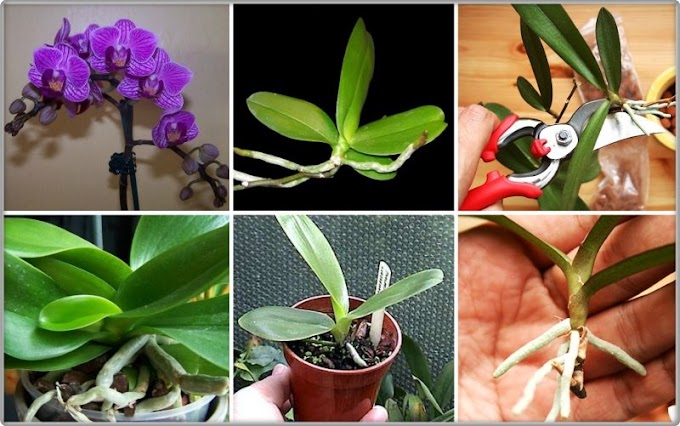Flower buds develop in spring at the base or mid-height of each mature ball. The older the plant, the more flowering it becomes. The flowers, 2 cm in diameter and 3 cm in length, show a beautiful trumpet corolla with multiple pink rounded petals. When the plant already has multiple flowering shoots, it disappears completely under the flowers!
Synonyms: Aylostera perplexa, Aylostera pulvinosa subsp perplexa, Rebutia pulvinosa subsp perplexa
Family: Cactaceae
Subfamily: Cactoideae
Tribe: Trichocereeae
Genus: Rebutia
USDA hardiness zones 9b to 11b: from 25 ° F (−3.9 ° C) to 50 ° F (+10 ° C).
 |
| source photo: Pinterest |
How to Grow and Care
If you can grow cacti and succulents successfully, you can likely grow the popular Rebutias without too much trouble. Their water and light requirements are fairly typical for many cacti species, including a cooling period in the winter to promote better blooming.
Growing Conditions
Light: Rebutia thrives in bright light and range of conditions. Many species can be grown in partial shade to full sun. However, as these are mountain species, they do not appreciate high temperatures, which should be avoided.
Water: Throughout the growing season (spring and summer) let the potting soil almost completely dry out between waterings, then water thoroughly. In winter, cut back watering.
Soil: A rich, fast-draining cactus mix is ideal.
Fertilizer: During the growing season, fertilize with a cacti fertilizer mix. Suspend feeding during the dormant winter period.
Propagation
Rebutia cacti can be propagated easily from offsets, which readily in clusters around the base of the mother plant. Once your plant has gained a decent size and has sent out several offsets, carefully remove the offset and allow the cut to dry on a paper towel for a few days. Depending on the size of the cut area, a callous will form over the cut surface. Once the callous has formed, place the new plant in a pot with a potting soil mixture and keep in a warm place until new roots emerge. Once the plant is established, repot it into a regular container... - Learn more at HOW TO GROW AND CARE REBUTIA
Links
Back to genus REBUTIA
SUCCULENT PLANTS : Browse succulents by Scientific Name, Common Name, Genus, Family, USDA Hardiness Zone, Origin, or cacti by Genus



